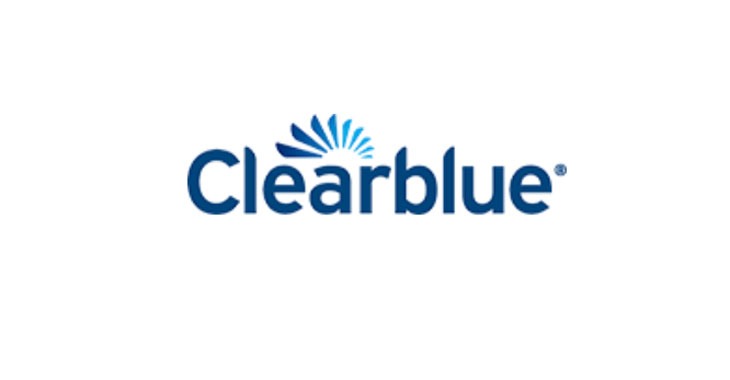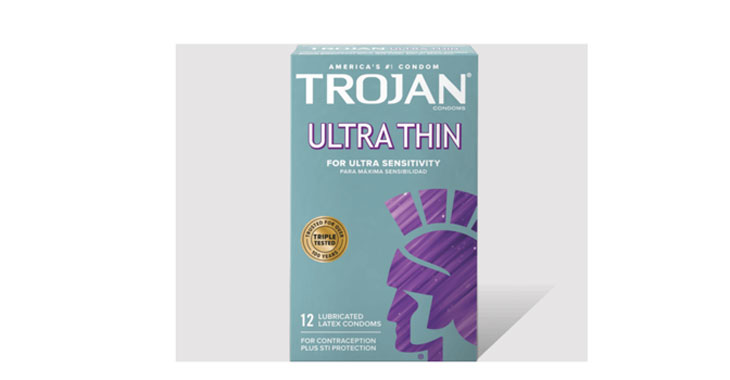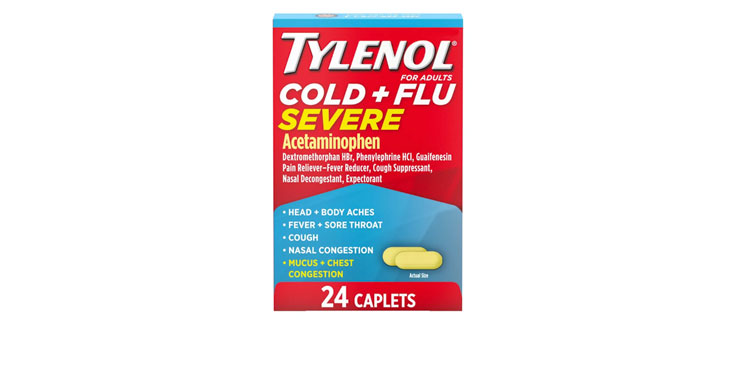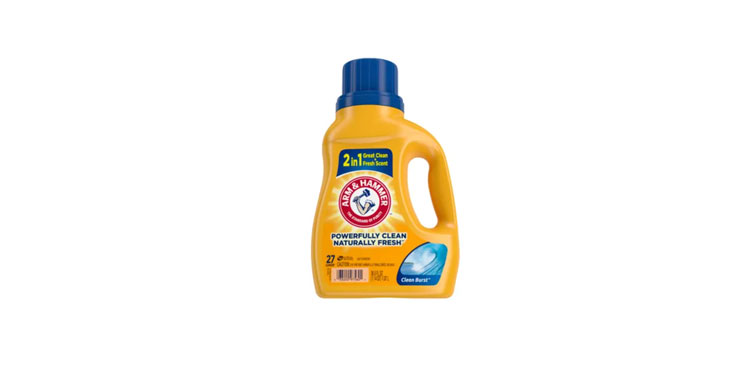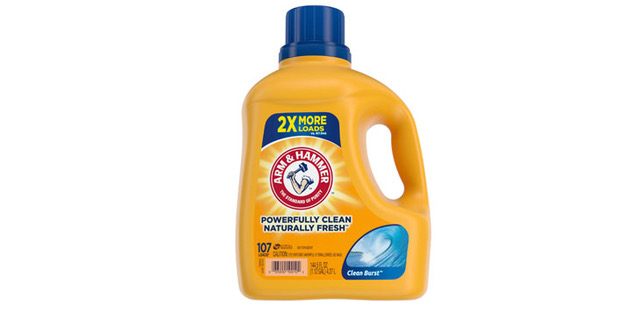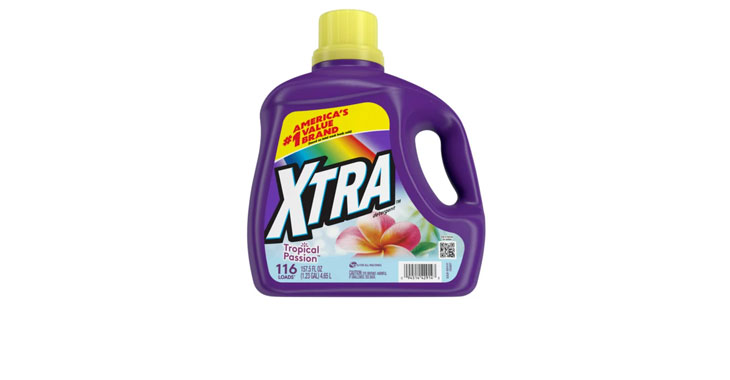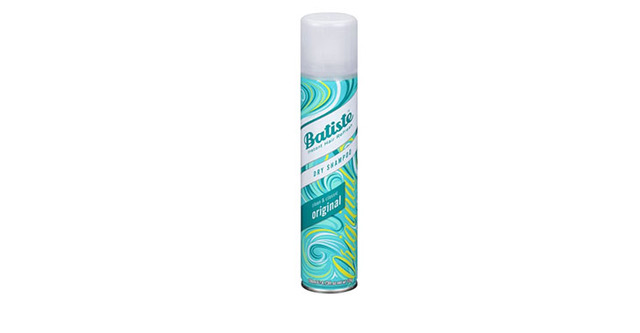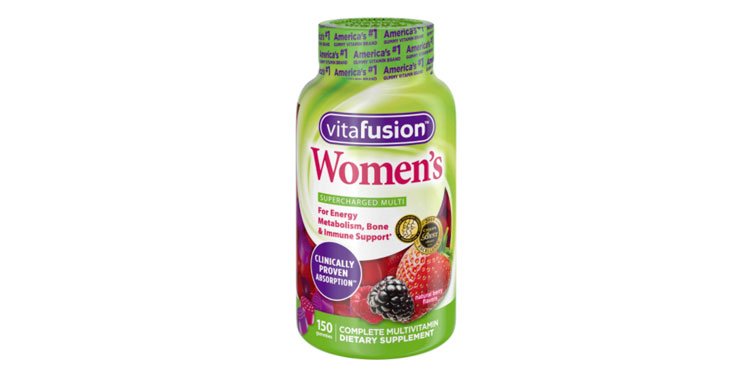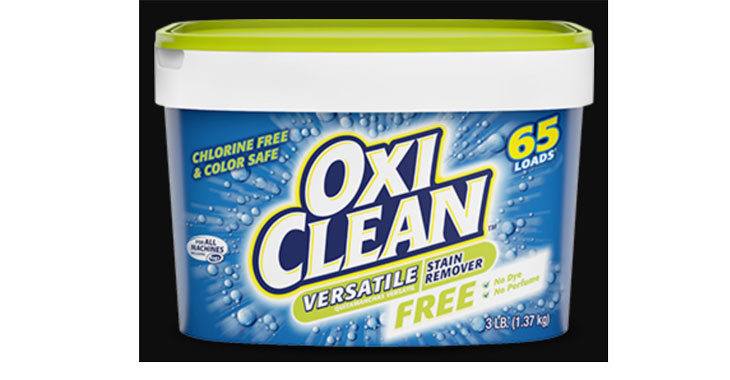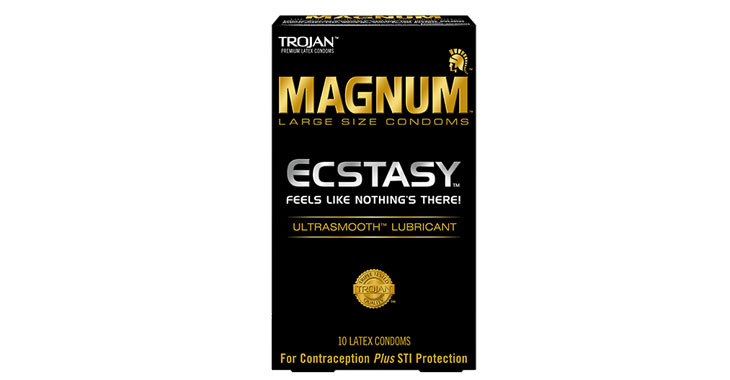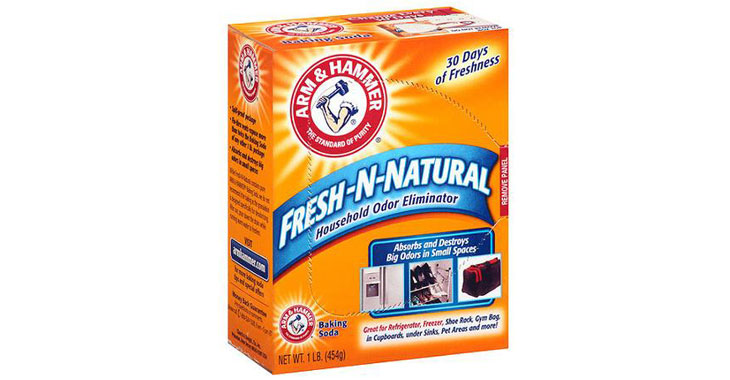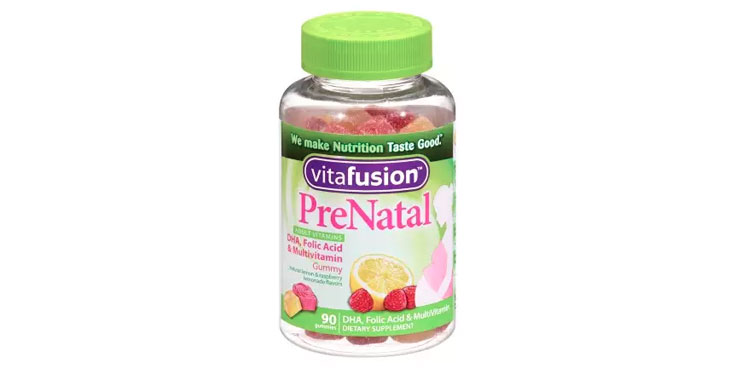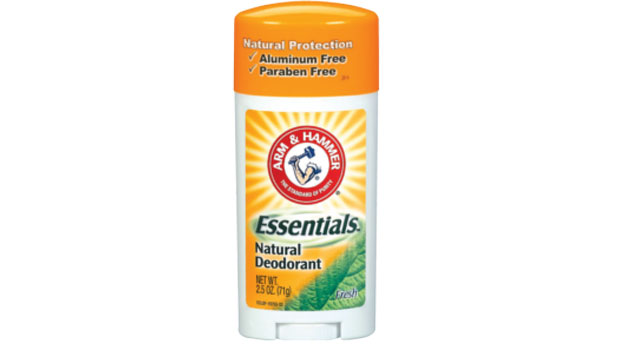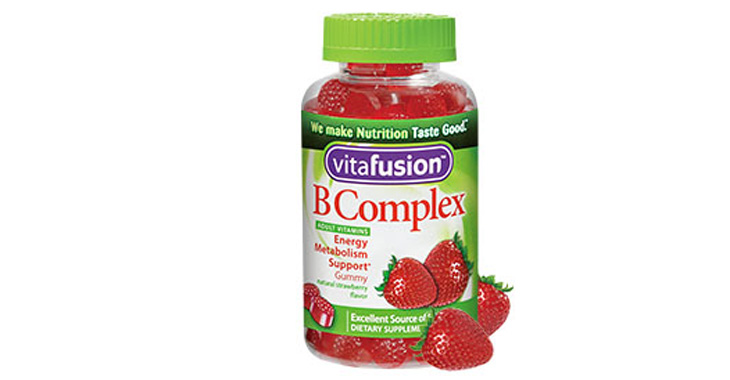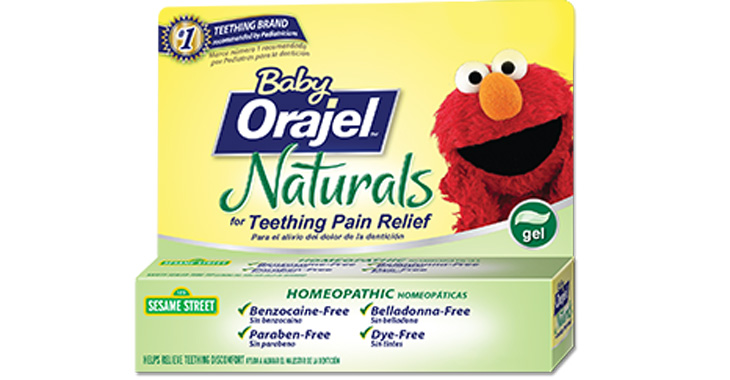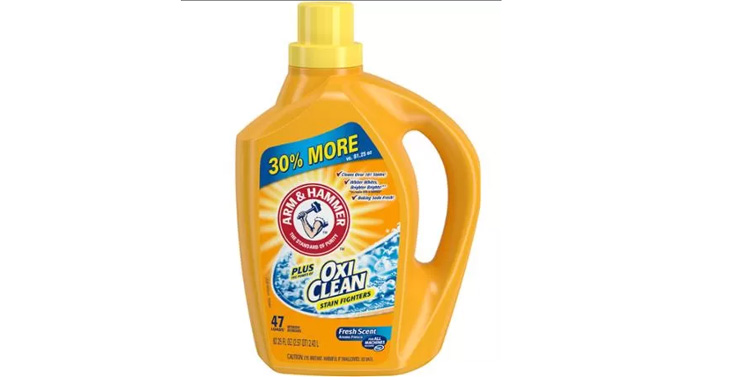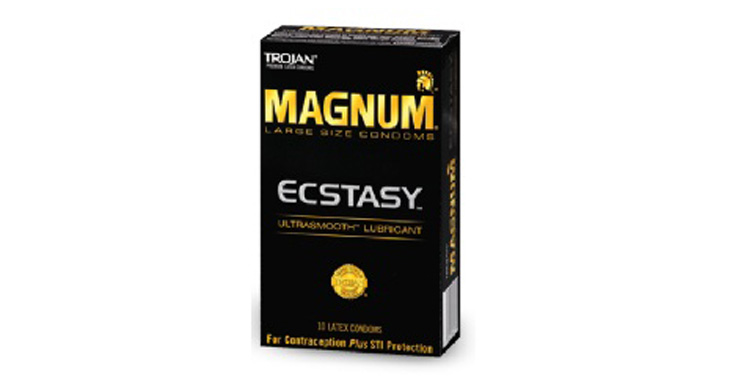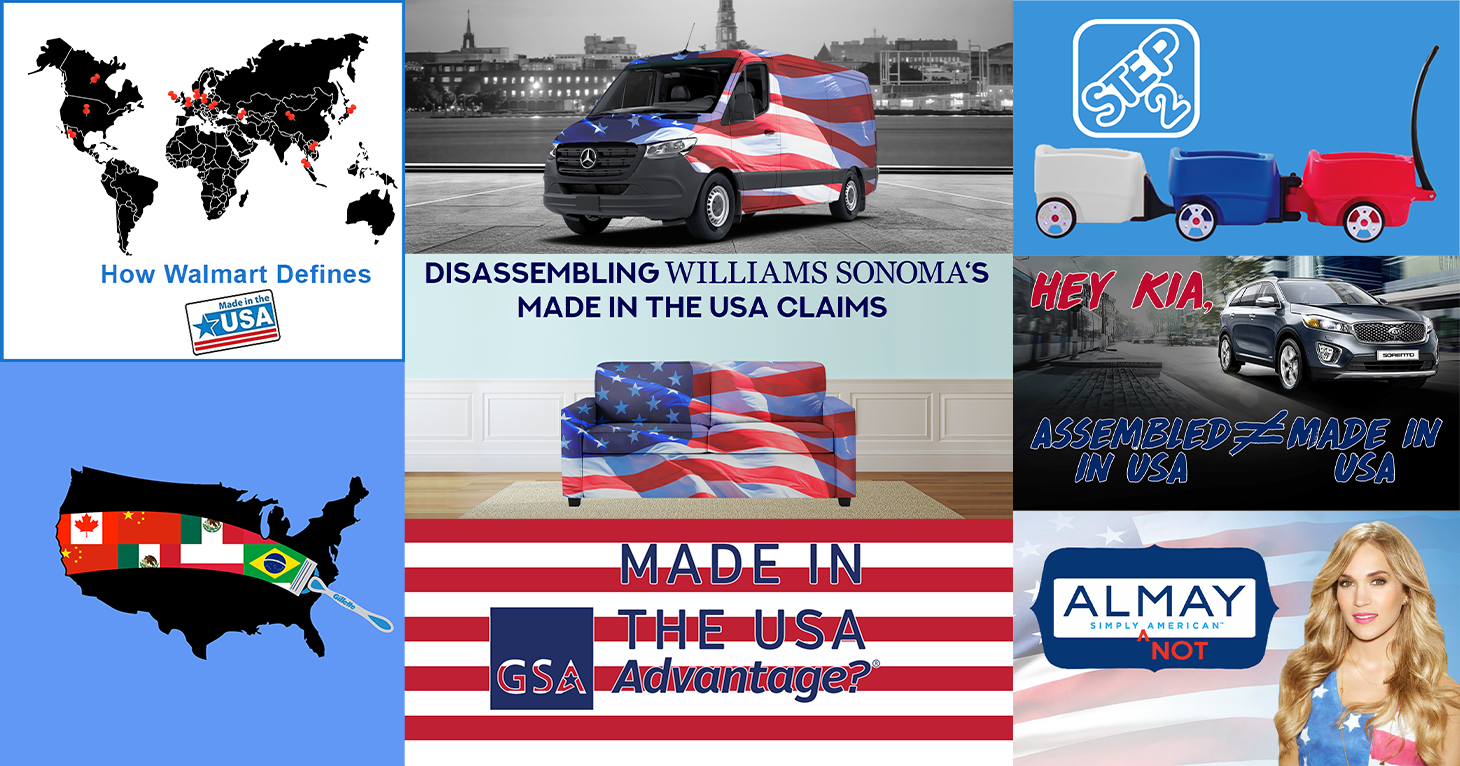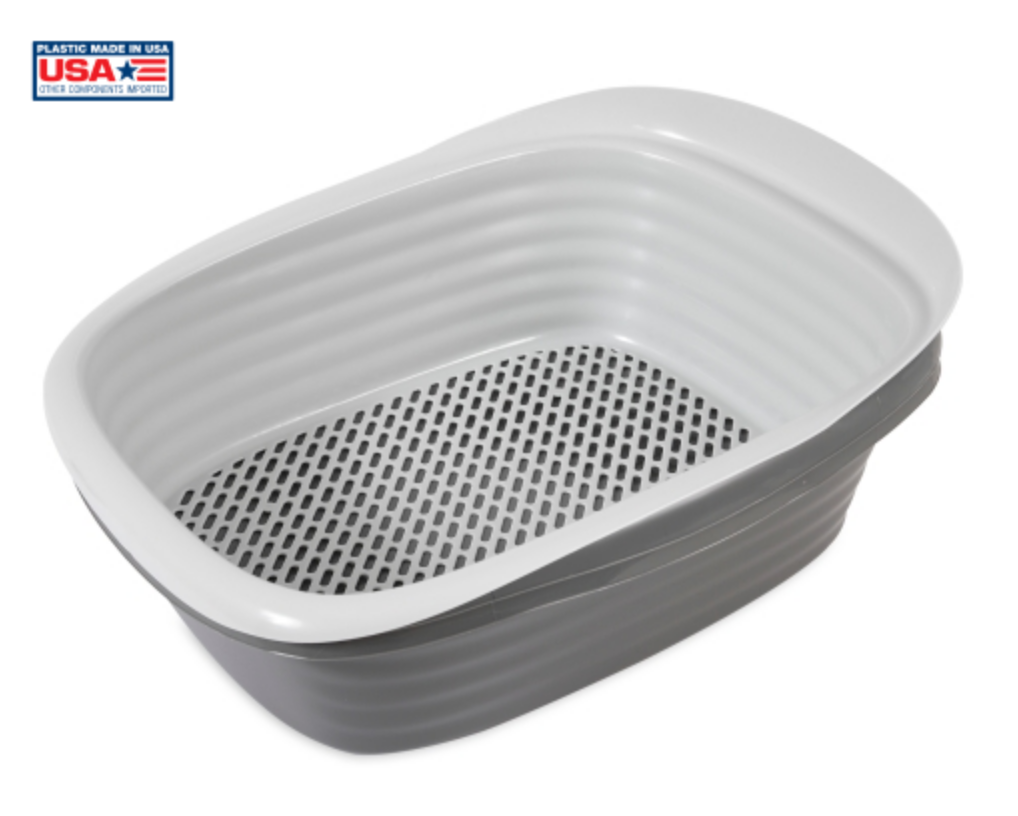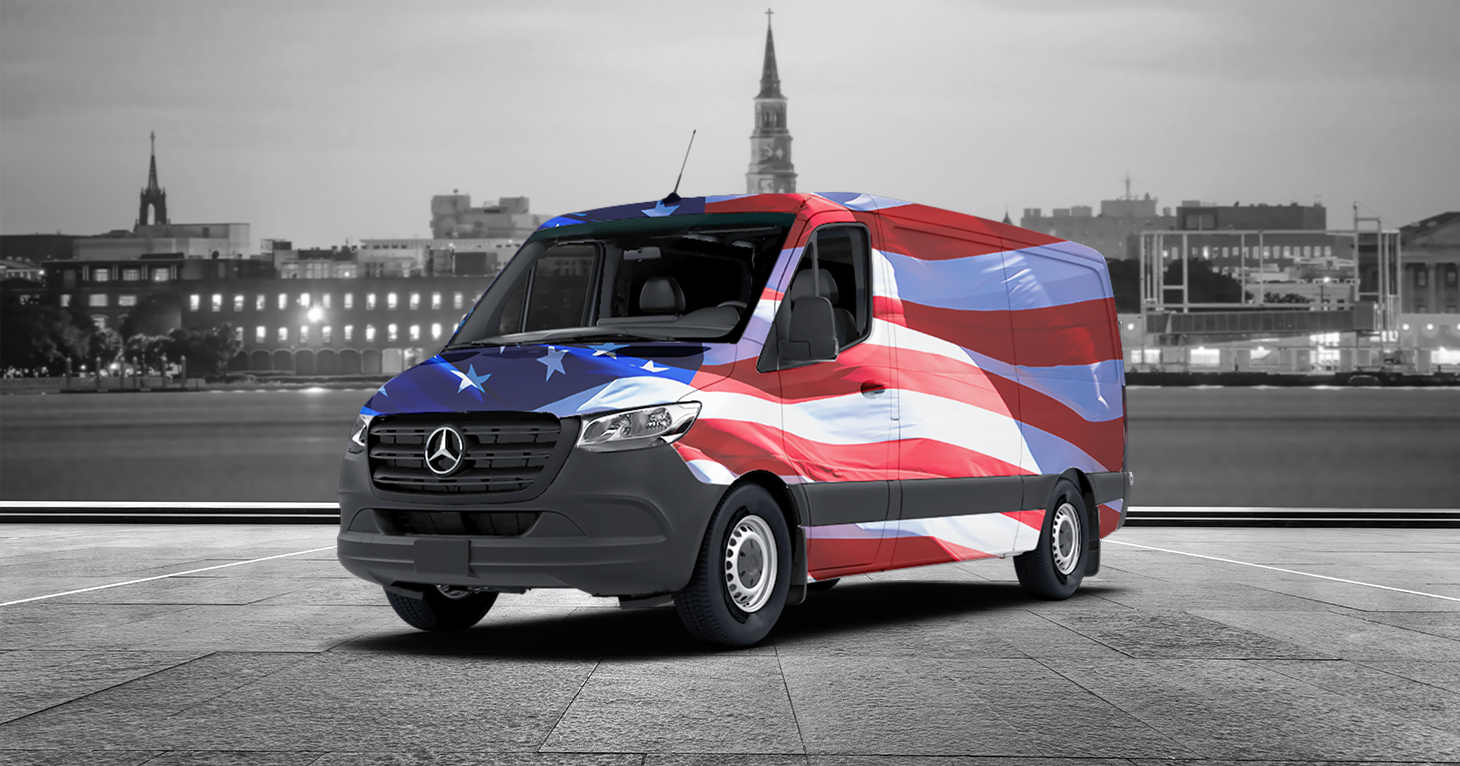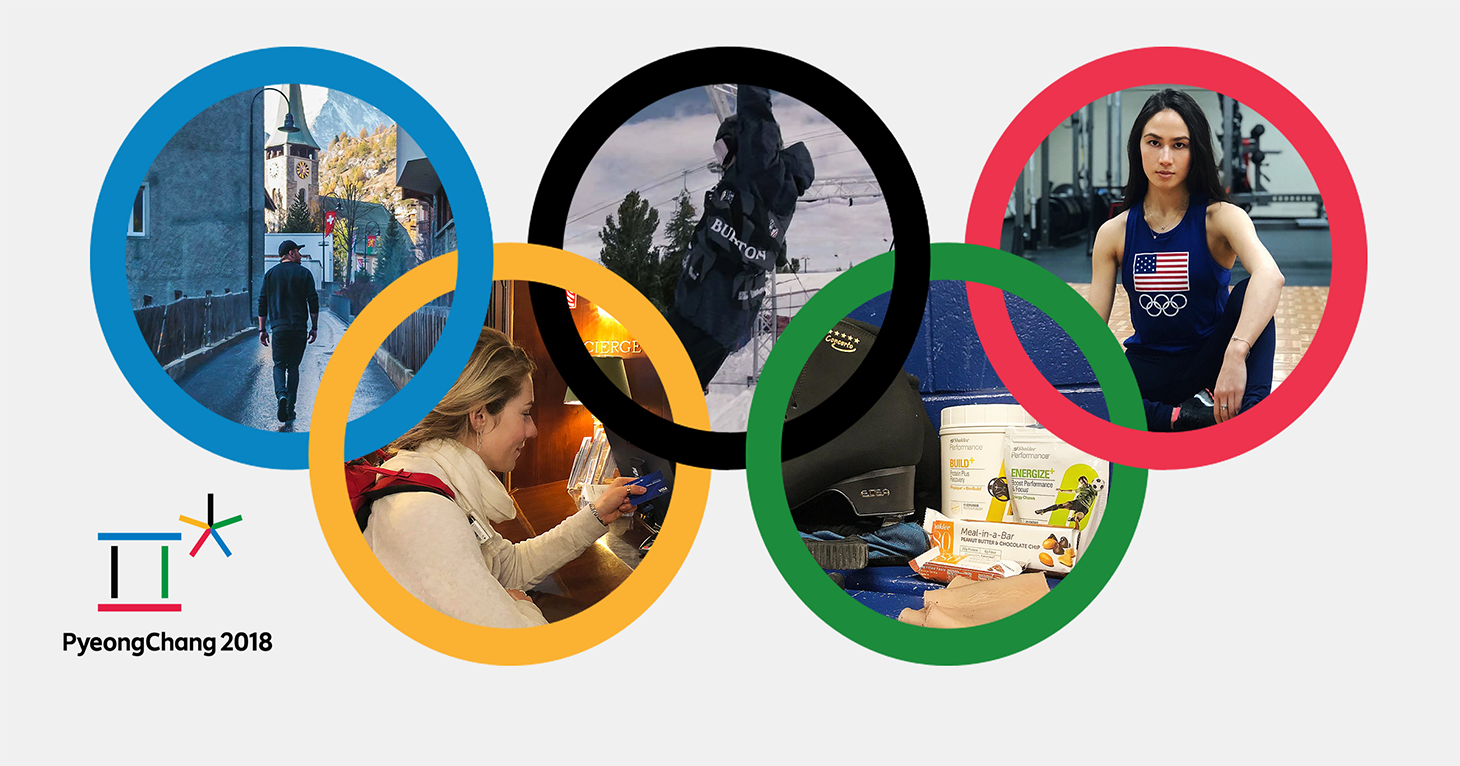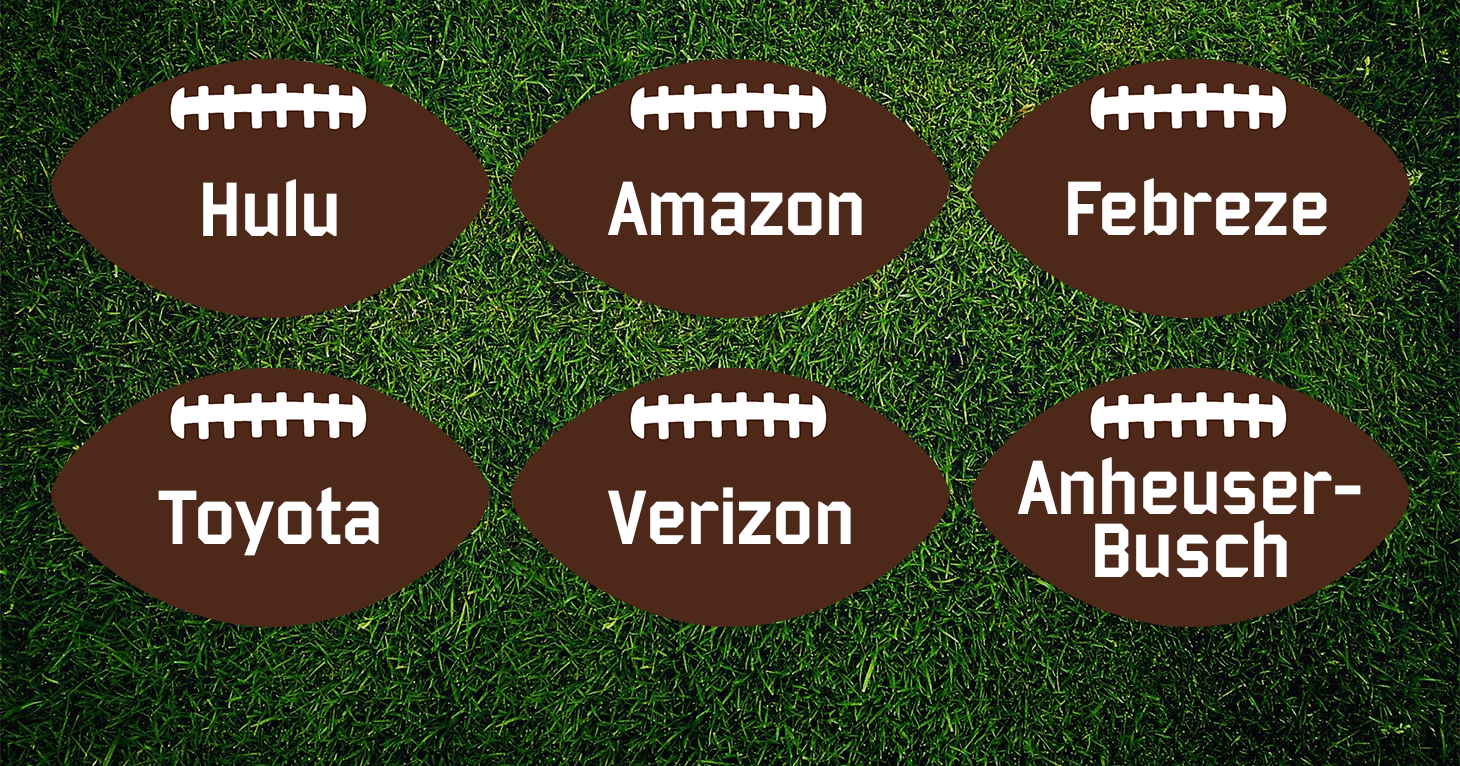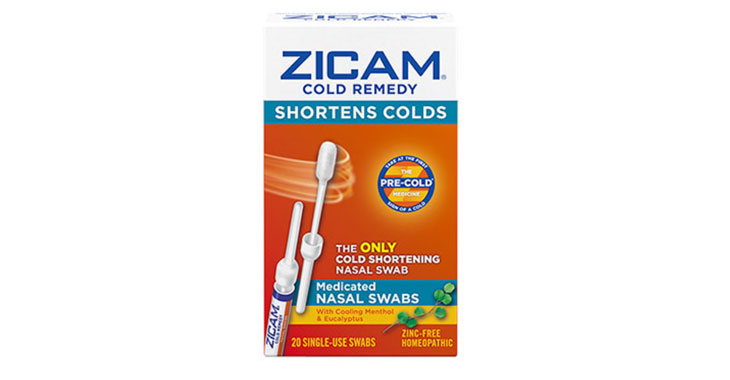
Zicam and Orajel
Allegations: Misleadingly marketing products as safe without disclosing that they have been contaminated with fungi that could lead to adverse health consequences
May 2015: This action was voluntarily dismissed When a complaint is dismissed without prejudice, an amended version of the complaint can be refiled.. The reasons for the dismissal have not been disclosed.
November 2014: A class-action lawsuit was filed against Procter & Gamble, Revlon, Dial, and others for allegedly deceptively labeling deodorants – including Arm & Hammer Essentials, Arm & Hammer UltraMax, Secret Outlast, Mitchum Men’s, Mitchum Women’s, Dry Idea, and Ban – as “unscented” when they actually have a “noticeable and unmistakable scent.” (Fogarty et al v. Church & Dwight, Inc., The Procter & Gamble Company, Inc., Revlon, Inc., The Dial Corporation, and Henkel Corporation, Case No. 14-cv-07086, D. NJ.).
For more information about other class-action lawsuits regarding the marketing of deodorants and TINA.org’s coverage of the issue, click here.
Allegations: Misleadingly marketing products as safe without disclosing that they have been contaminated with fungi that could lead to adverse health consequences
Allegations: Falsely advertising the accuracy of ovulation test kits
Allegations: Failing to disclose that products contain PFAS
Allegations: Falsely marketing that phenylephrine products treat congestion and other cold and flu symptoms
Allegations: Misleadingly marketing products as environmentally friendly
Allegations: Misleadingly marketing that products contain enough detergent to wash 107 loads of laundry
Allegations: Misleadingly marketing that products contain enough detergent to wash 116 loads of laundry
Allegations: Falsely marketing that products are safe when they contain the carcinogen benzene
Allegations: Falsely marketing that its 144.5 oz container washes “2X More Loads” of laundry than its 67.5 oz container
A review of TINA.org’s work uncovering (and putting an end to) deceptive made in the USA ad campaigns.
When it comes to supporting ad claims, there’s no substitute for product testing.
TINA.org found the German automaker didn’t have the support to claim its Sprinter van was “built in the USA.”
These brand-relationship disclosures are far from world-class.
Instant replay shows six instances in which Super Bowl 52 advertisers have fumbled ad claims.
